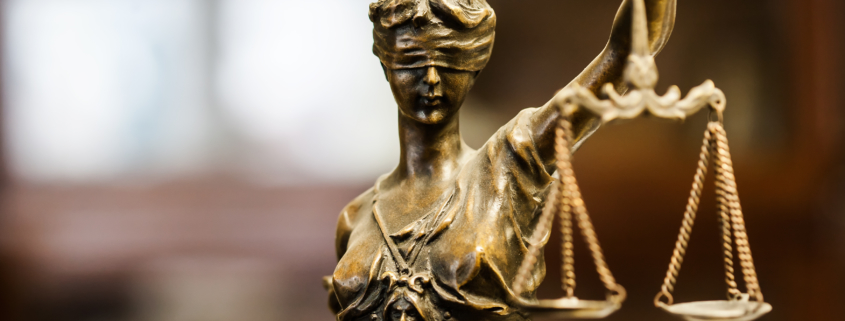The Department of Justice recently settled over 27 million dollars in Medicaid fraud cases. I’ve attached an article about it at the end this blog post that will likely interest anyone thinking about becoming a whistleblower. One of the most common forms of Medicaid fraud is “kickbacks,” where a medical professional receives added, unrecorded payments for performing specified therapies or for directing patients to a specific colleague. The drug company, medical device distributor, or another doctor usually pays the physician who prescribes the drug or performs the therapy “under the table” for the additional business.
If you have witnessed this sort of illegal kickbacks in your workplace, you may be able to become a “whistleblower” and report this illegal activity in return for a share of whatever funds the government recovers. In return for taking the substantial risks involved with exposing that fraud, the whistleblower may receive a substantial percentage of any funds the government recovers. Whistleblowers here in Mississippi frequently recover millions of dollars.
The Federal False Claims Act
The Federal False Claims Act (31 U.S.C. §§ 3729-3733) is a law that penalizes individuals and companies that are convicted of defrauding the government. Most of the cases I see here in Mississippi are filed under the False Claims Act.
Kickbacks in the Medicaid World
Physicians who receive kickbacks often rationalize them as simply a thank you for prescribing a treatment or procedure that they would have recommended otherwise. Another form of kickback occurs between physicians. When a patient requires a specific procedure, there are often many physicians that can perform it. If a physician improperly directs patients to a specific physician in return for financial payment, that is also an illegal kickback. A kickback is nothing more than a bribe. While the physician may later rationalize that they would have taken the same action without the kickback he or she was provided, that rationalization does nothing to diminish the illegality of the act.
These kickbacks are often handled very informally. They may be cash payments handed over outside of the medical setting. They may also be non-monetary, such as expensive bottles of wine, golf clubs, or vacation home use. All of this informality makes them hard to track.
If you are an employee in a medical clinic or hospital and witness kickbacks being paid to either steer patients towards certain treatment brands or certain specialists, you may be eligible to make a whistleblower claim. To be a successful whistleblower, you must be the “first to file” your claim, meaning that if another coworker reports the kickbacks before you, you will receive nothing. You can remain anonymous for a short period, but if the federal government decides to prosecute your case, your name will become public. As a result, you should be prepared for significant backlash for your actions. However, retaliation is prohibited under the False Claims Act, and retaliation has its own financial penalties for employers who take negative action against whistleblowers.
What Should You Do if You are Considering a Whistleblower Claim?
Are you witnessing kickbacks in your work environment? Are you considering filing a whistleblower case? To protect your career and family and to attain your compensation, you will require the help of an experienced whistleblower attorney.
Call Barrett Law now at (601) 790-1505 if you think you may be a whistleblower.
Experienced whistleblower lawyer Barrett can provide you with the advice you will need to file a successful False Claims Act case regarding kickbacks. Having expert legal advice by your side can mean the difference between receiving your share of a whistleblower judgment and losing your career and livelihood. Call us today.




